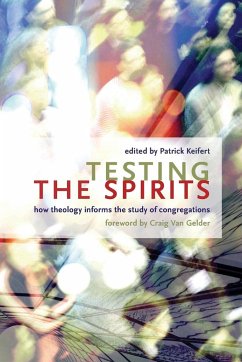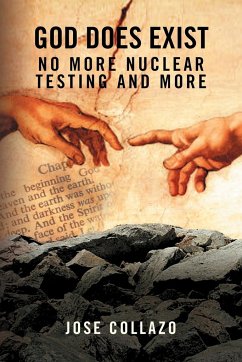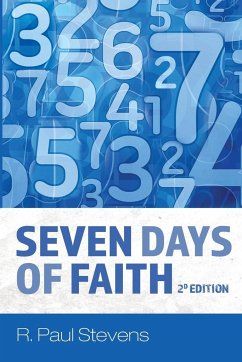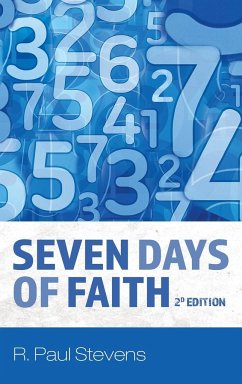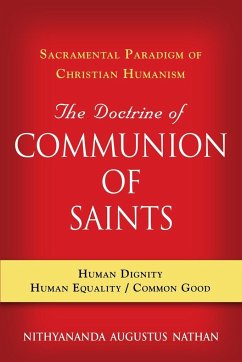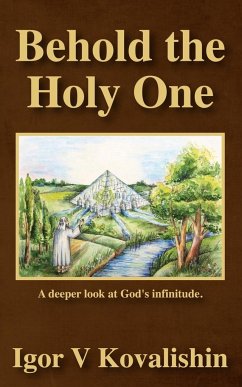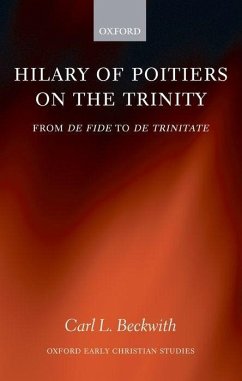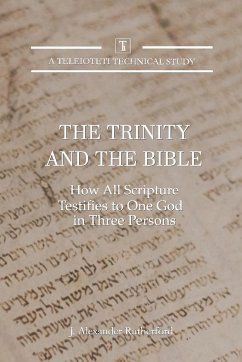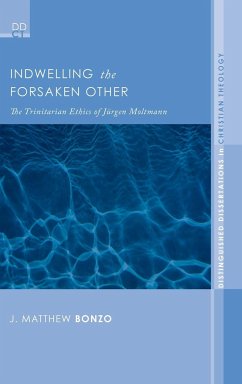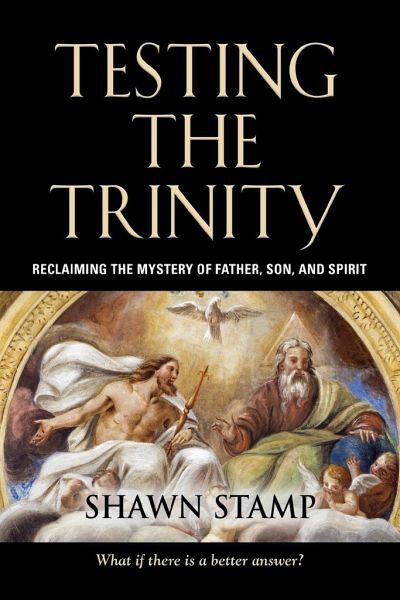
Testing the Trinity
Reclaiming the Mystery of Father, Son, and Spirit
Versandkostenfrei!
Versandfertig in 1-2 Wochen
20,99 €
inkl. MwSt.

PAYBACK Punkte
10 °P sammeln!
When you consider the aspects of Christianity that differentiate it from other religions, one of its most distinguishing characteristics is certainly the notion of a "triune God." This concept has been the bedrock of Christian orthodoxy for almost two millennia, and even today remains the standard by which everything claiming to be Christian is measured. Indeed, in many respects the Trinity has actually become Christianity's defining doctrine. In addition to its singular importance, though, the Trinity is also one of the most enigmatic doctrines of the Christian faith. For even though most bel...
When you consider the aspects of Christianity that differentiate it from other religions, one of its most distinguishing characteristics is certainly the notion of a "triune God." This concept has been the bedrock of Christian orthodoxy for almost two millennia, and even today remains the standard by which everything claiming to be Christian is measured. Indeed, in many respects the Trinity has actually become Christianity's defining doctrine. In addition to its singular importance, though, the Trinity is also one of the most enigmatic doctrines of the Christian faith. For even though most believers are aware of the Trinity, they would probably be hard-pressed to explain it without slipping into heresy themselves. They know it has something to do with "Father, Son, and Holy Spirit," and that the three are somehow one, but that's about the extent of it. That being said, perhaps the most perplexing thing about this doctrine is that neither the word "Trinity" nor its central premise of "one God in three persons" can be found in Scripture! This comes as a shock to most Christians, who tacitly assume that something as essential as the Trinity must be on virtually every page of the Bible. In reality, though, the Trinity gradually took shape during the 300+ years after the close of the New Testament, a synthesis of Christian doctrine and concepts borrowed from Greek philosophical and religious systems. If you've ever had to wrestle with the ideas of Plato and Aristotle, you can start to appreciate why the Trinity is so hard to grasp. ¿ So in light of all this, why are we still talking about this doctrine after almost 2,000 years? It's not in the Bible, most Christians can't comprehend it, and yet it is deemed to be the litmus test of orthodoxy! Granted, the Trinity has been used many times over the years to vanquish some of the most serious threats that the church has faced; still, when you look at the history of this doctrine it sure feels like the early church fell into the very trap that Paul had warned them about. In his letter to the Colossians, he admonished the church to steer clear of "empty philosophies and high-sounding nonsense," yet here we are. Fortunately, there is a better answer to the riddle of "Father, Son, and Holy Spirit." We simply need to allow Scripture to speak for itself, rather than listening to it through its would-be interpreter, the Trinity. This is not an easy task, to be sure, since we have been so indoctrinated with the Trinity that it is hard to see anything else when we open the pages of the Bible. Nevertheless, when we set God's tri-partite designation in the context of the Kingdom of God and the Bible's overarching story of redemption, the truth of this phrase starts to emerge. The trick, of course, is doing that without also slipping into heresy...which is exactly what "Testing the Trinity" strives to accomplish.



